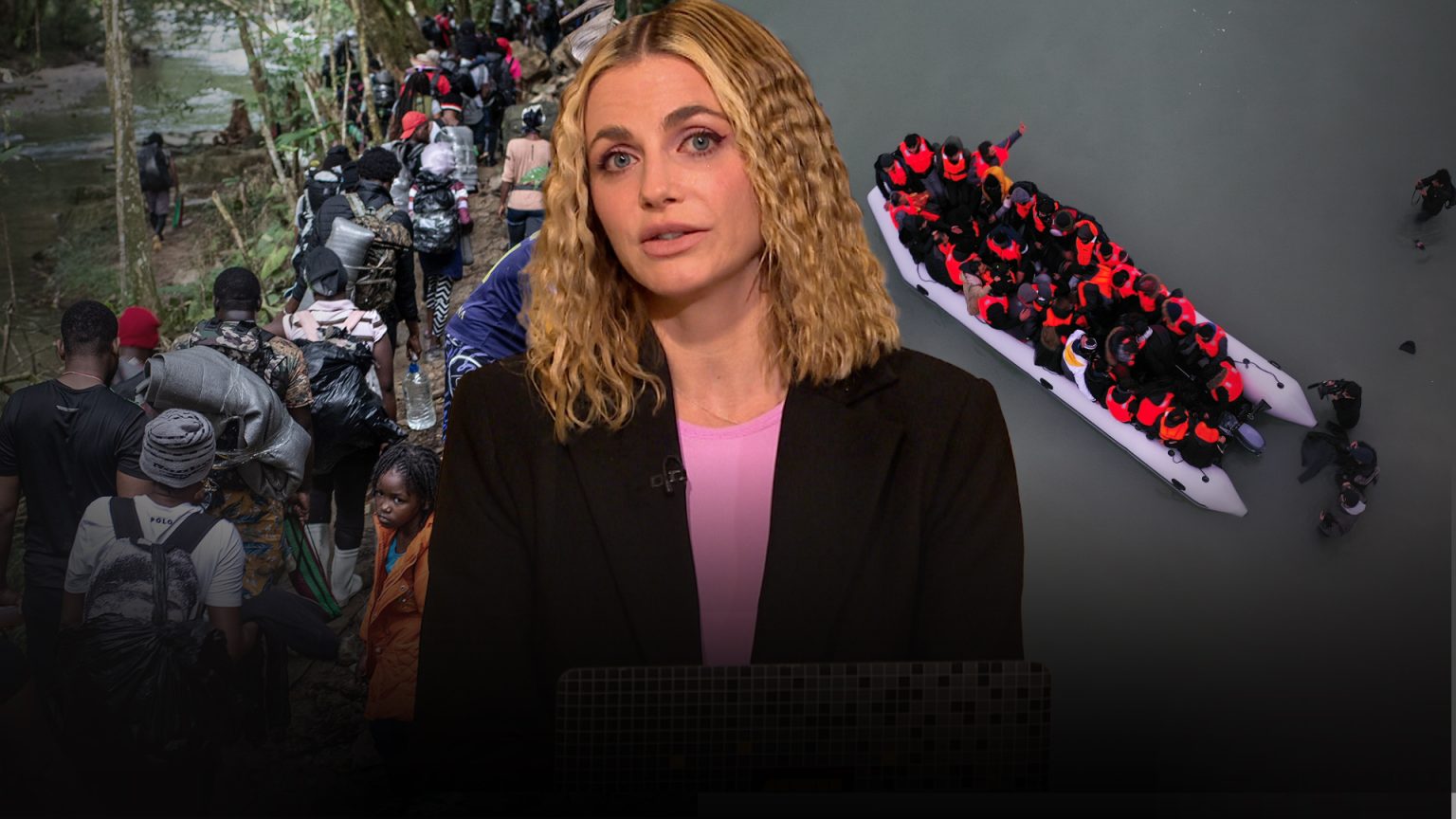Migrants and refugees rely heavily on social media to navigate their way across borders, as do human trafficking networks. These platforms have become more than just tools for sharing updates or staying in touch with loved ones; they have transformed into essential lifelines for those seeking asylum or a better life. Some use social media to document their experiences and connect with others on similar journeys, while criminal gangs use these platforms to advertise dangerous crossings and lure victims into human trafficking networks. This episode explores the impact of social media on migrant journeys and the various ways in which it is utilized by different groups.
Immigrant rights activist and law student Carlos Eduardo Espina, independent migration policy researcher and advocate Zoe Gardner, and poet, actor, filmmaker, and author Femi Nylander join presenter Myriam Francois to discuss the role of social media in the migration process. They shed light on the ways in which migrants and refugees use these platforms to share information, seek assistance, and connect with others in similar situations. However, they also address the dark side of social media, highlighting how criminal organizations exploit these platforms to exploit vulnerable individuals and advertise dangerous routes.
Espina, Gardner, and Nylander provide insights into the challenges faced by migrants and refugees as they navigate their way across borders, often relying on social media for guidance and support. They discuss the importance of awareness and education in combating human trafficking networks and ensuring the safety of those seeking asylum. The guests also share their perspectives on the role of governments and international organizations in addressing these issues and providing assistance to migrants and refugees in need.
The conversation delves into the complexities of the migration process and the ways in which social media is shaping the experiences of those seeking a better life. Espina, Gardner, and Nylander share their personal experiences and observations, offering valuable insights into the realities faced by migrants and refugees on their journeys. They emphasize the need for collaboration and coordination among various stakeholders to combat human trafficking networks and provide support to those in need.
As the discussion continues, Francois and her guests explore the potential solutions to address the challenges faced by migrants and refugees in using social media to navigate their journeys. They discuss the importance of raising awareness, providing education, and supporting initiatives that promote the safety and well-being of vulnerable populations. The guests also emphasize the need for proactive measures to identify and dismantle human trafficking networks that exploit social media for their criminal activities.
In conclusion, the episode highlights the critical role of social media in the migration process and the challenges faced by migrants and refugees in using these platforms to navigate their journeys. Espina, Gardner, and Nylander underscore the importance of raising awareness, providing support, and advocating for policies that protect the rights and safety of vulnerable populations. The conversation sheds light on the various ways in which social media is impacting migrant journeys and the need for concerted efforts to address these issues and ensure the well-being of those seeking asylum and a better life.













